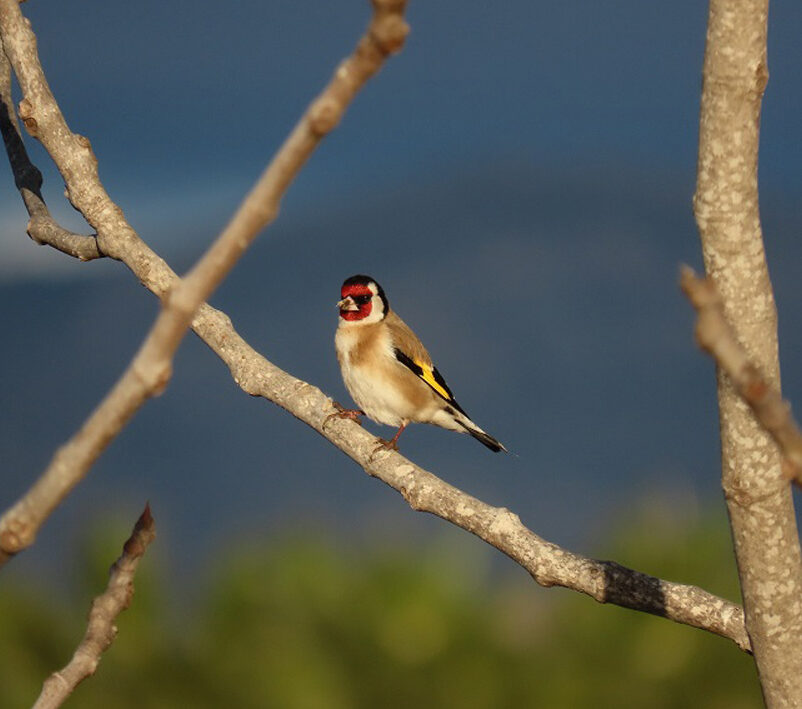A study quantifies for the first time the ecological, cultural, and economic benefits of birds in Spain.
The research presents ServiBirds, a pioneering tool that identifies the ecological services provided by birds.
Birds not only fill our landscapes and cities with life through their song. They also perform essential functions for the planet’s balance and human well-being: they control pests, disperse seeds, recycle organic matter, and support cultural and touristic activities. A new study from the University of Alicante, in collaboration with the Miguel Hernández University of Elche and the Forest Science and Technology Centre of Catalonia (CTFC), has quantified these benefits for the first time, demonstrating the irreplaceable role that birds play in ecosystems and in people’s quality of life.
The research team has developed the first database that quantifies the ecosystem services that native birds of Spain provide to people and the environment. The work analyzes 12 types of ecosystem services —provision, regulation, and cultural— that birds offer to society. These include pest control, seed dispersal, organic matter recycling, aesthetic, artistic, and ecotourism value, as well as their importance as game or symbolic species.
In addition, the article also presents ServiBirds, a pioneering tool that evaluates the ecological, cultural, and economic role of 378 bird species belonging to 73 families and that, according to the authors of the study, “ServiBirds makes it possible to identify which species are key to the maintenance of ecosystems and how their conservation directly impacts human quality of life,” explains Cristian Pérez-Granados, leader of the CTFC research group New tools for biodiversity monitoring and author of the paper.
According to the team, ServiBirds provides a reference framework for Spain, but it “can also be applied in other regions and taxonomic groups, serving as a tool to manage and conserve biodiversity more effectively.”
Essential for well-being
The analysis shows that all bird species provide some type of ecosystem service and that more than 60% contribute to four or more different services, demonstrating that birds are essential for human well-being: they regulate key ecological processes and also inspire culture, art, and tourism.
Among the most relevant species, the Eurasian magpie (Pica pica) and the common blackbird (Turdus merula) stand out, as they provide multiple regulating services, and the griffon vulture (Gyps fulvus), which excels in its role of removing carrion. In the cultural sphere, species such as the red-legged partridge (Alectoris rufa), the golden eagle (Aquila chrysaetos), or the European goldfinch (Carduelis carduelis) stand out for their aesthetic, artistic, and ecotourism relevance.
In this regard, the authors explain that the study “highlights that the value of birds goes beyond biodiversity: it also has economic and social repercussions, especially in birdwatching tourism.”
This study has been published in the journal Ardeola: International Journal of Ornithology and is part of the CHAN-TWIN project, funded by the Ministry of Science, Innovation and Universities with NextGeneration funds (TED2021-130890B-C21).
Read the article: Sebastián-González, E., Carrión, S., Pérez-Granados, C., López-Iborra, G. M., Botella, F., Pérez-García, J. M., García-Rodríguez, J., Sánchez-Zapata, J. A., & Orihuela-Torres, A. (2025). Servibirds: Quantitative Assessment of the Ecosystem Services Provided by Native Birds in Spain. Ardeola, 73(1), 43-66. La base de datos está disponible para descarga en: https://doi.org/10.6084/m9.figshare.29109725.v1
Last modified: 14 November 2025










